Reading, Expression, and Literature in the English Curriculum
Ms. Denise Williams, Head of Department
The English Department has a unique responsibility in the formation of Cistercian students. Relying on a robust and rich literary tradition, we design courses that resonate with the voices of history, reveal the beauty of art, probe the Truth of religion and philosophy. We believe that great literature provides the perfect setting for nourishing a student’s moral imagination and cultivating his wisdom. This humanitas approach to learning is further strengthened by the foundations of reading, writing, and rhetoric.
We understand that reading is an active process that must be modeled, a process that poses questions, explores the value of relational living, and engages a student’s intellect and imagination. Similarly, written expression is a craft, one that must be practiced so that thoughts are conveyed clearly, coherently, and creatively, in a voice that cannot be replicated by a machine, and with a refinement that ultimately speaks to the beauty of language. Finally, rhetoric, guided by faith and reason, provides crucial insight for students navigating media influences and attempting to find equilibrium in an increasingly unpredictable world. The works of Virgil, Homer, Dante, Shakespeare, Hopkins, Hemingway, O’Connor, and Tolkien, to name but a few, provide meaningful experiences for students as they practice these fundamentals of English. Classes are immersed in the dialectic with varied responses to texts, including creative projects, essays, poetry, drama, recitations, presentations, and eventually a capstone senior seminar.
Each year, teachers personalize coursework and assignments to fit the unique personality and strengths of the incoming form. Middle School staples include The Chronicles of Narnia (Form I), The Adventures of Tom Sawyer (Form II), The Tales of King Arthur (Form III), and To Kill a Mockingbird (Form IV). In the Upper School, literature is closely aligned with history. Form V includes Hamilton’s Mythology, Virgil, Ovid, and Homer. Form VI starts the year with Beowulf and The Canterbury Tales. Form VII studies The Crucible and key American authors. Form VIII begins world literature with Dante’s Inferno. Upper School students can also choose electives that explore Gothic tales, film noir, Nordic mythology, or Japanese literature; a Podcasting class gives students hands-on experience creating media content, and a survey course on the Renaissance establishes unforgettable connections to the past.
English Department Faculty
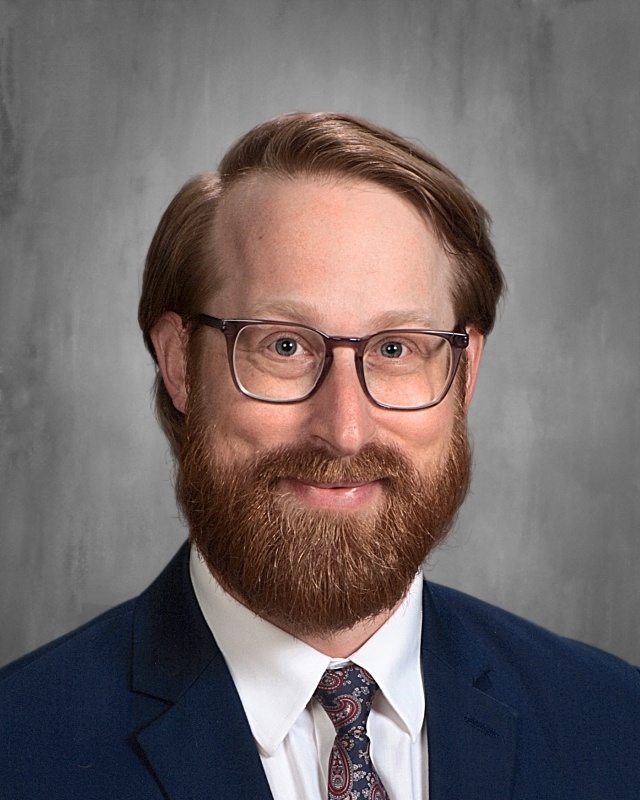
Mr. Adam Brooks
Phone: (469) 499-5429
M.Phil. University of Dallas, Irving, TX
BA Cornerstone University, Grand Rapids, MI.
English (Form IV);
E-Lab (Form I);
Podcasting Elective.
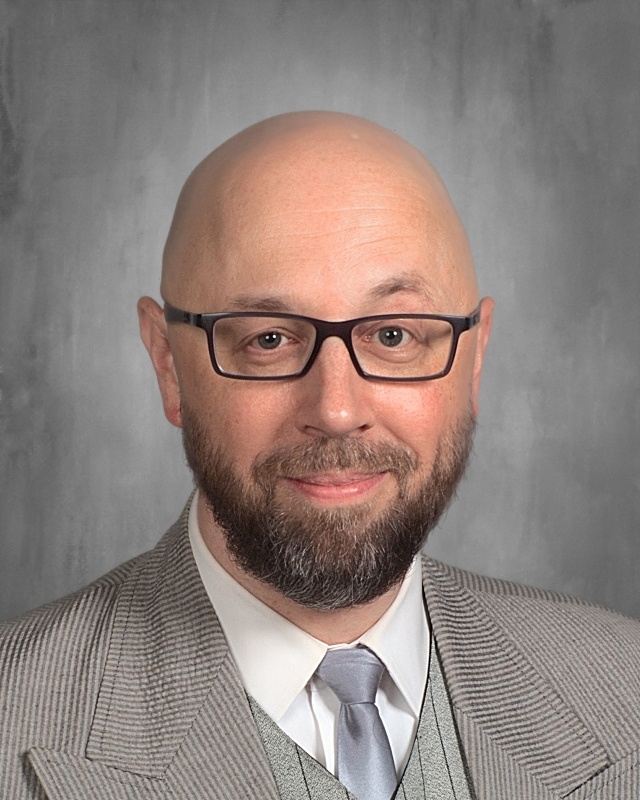
Mr. Scott J. Laurange
Phone: (469) 499-5417
MH, BA University of Dallas, Irving, TX
English (Form III, VI);
English Electives;
Informer Sponsor.
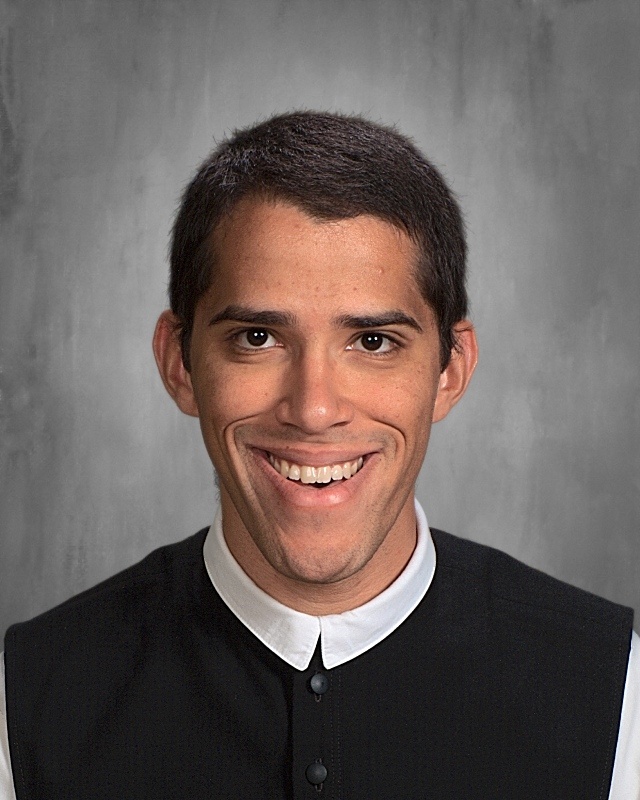
Br. Nathaniel May , O.Cist.
Phone: (972) 438-2044-5215
BA, Thomas Aquinas College, Santa Paula, CA.
English Lab (Form II).

Mr. Gary Nied
Phone: (469) 499-5418
MA University of Dallas, Irving, TX.
MA University of Cincinnati, Cincinnati, OH.
BA Franciscan University of Steubenville, Steubenville, OH.
English (Forms I, VIII);
English Electives;
Reflections Sponsor.
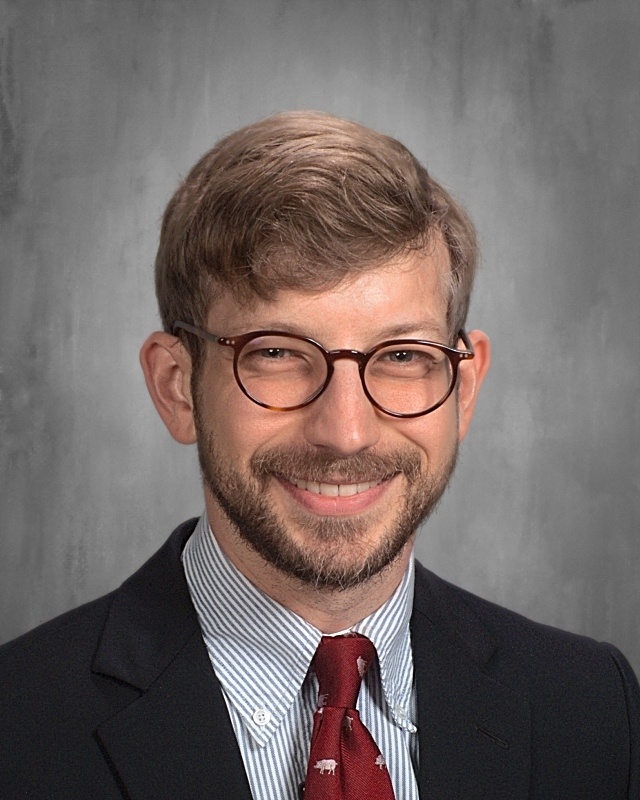
Mr. Patrick W Spence
Class of 2008
Phone: (469) 499-5428
MA University of Dallas, Irving, TX.
AB Harvard College, Cambridge, MS.
English (Form V);
Latin (Form IV).
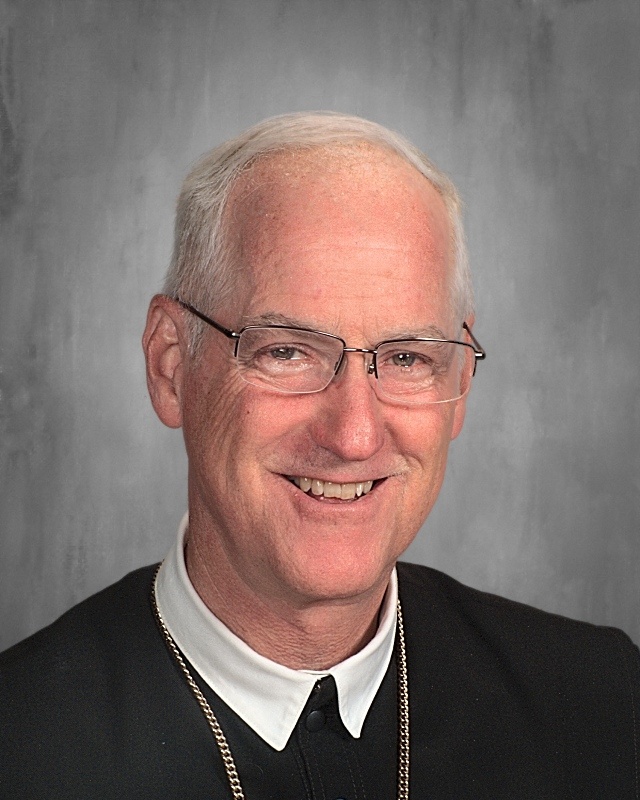
Fr. Abbot Peter Verhalen , O.Cist.
Class of 1973
Phone: (469) 499-5400
MA, BA University of Dallas, Irving, TX.
MA University of Texas at Arlington, Arlington, TX.
MA University of Washington, Seattle, WA.
English Lab (Form III)
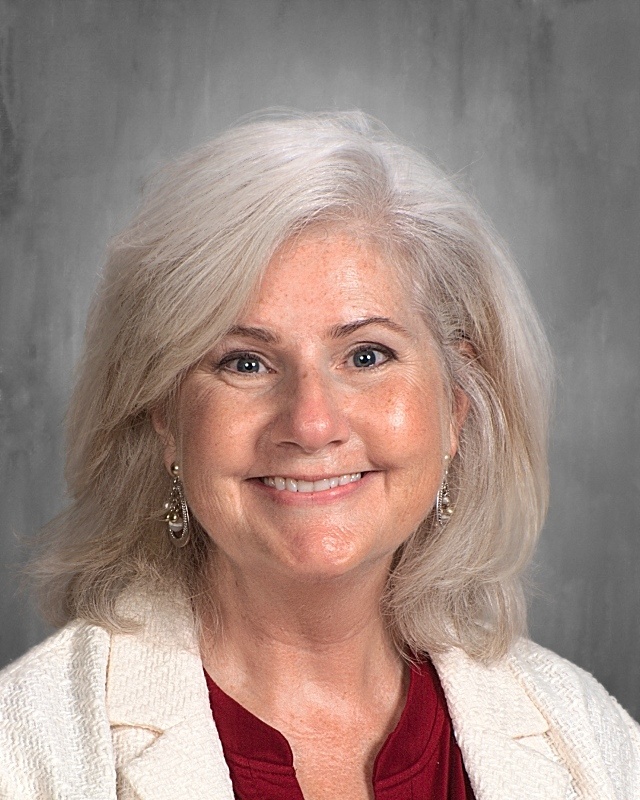
Ms. Denise M. Williams
Phone: (469) 499-5424
M.A. University of Dallas, Irving, TX;
B.A. University of North Texas, Denton, TX.
Head of English Department;
English (Forms II, VII).
